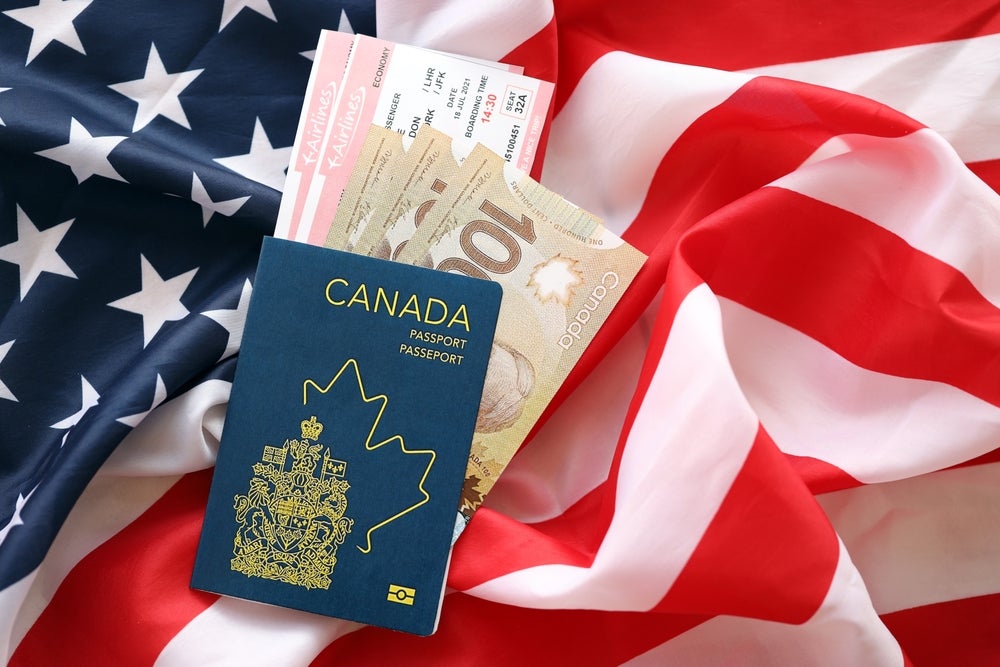Lauded as one of the biggest
innovations in the payment industry a few years ago, decoupled
debit cards have yet to gain the traction that was predicted. Now,
US alternative payment network Tempo is taking a different approach
by positioning them as affinity products, as Charles Davis reports.
Is the end of decoupled debit near?
Or is it simply changing? One of the pioneers of the decoupled
debit market, Tempo Payments, has concluded there is no inherent
value in decoupled debit just for the sake of it, and instead has
launched a web-based platform that enables organisations to offer
affinity and co-branded debit cards.
The idea is simple, yet powerful: by combining
decoupled debit with an affinity relationship, Tempo hopes to
become the MBNA of debit cards, a one-shop-serves-all solution for
co-branded and affinity cards that link back to the cardholder’s
original checking account.
The pitch: replace your bank’s debit card with
a card that provides rewards, perhaps cashback, or perhaps in the
form of a percentage contribution to a charity. The cardholder
feels no change whatsoever, save for those rewards now coming
in.
“The programme involves what has come to be
known as decoupled debit, but by linking it to affinity
relationships we have discovered the inherent value in decoupled
debit itself,” said Mike Grossman, CEO of Tempo.
“The value lies in the ability to offer
affinity and co-branded debit cards that benefit the organisations
and cardholders.”
How well do you really know your competitors?
Access the most comprehensive Company Profiles on the market, powered by GlobalData. Save hours of research. Gain competitive edge.

Thank you!
Your download email will arrive shortly
Not ready to buy yet? Download a free sample
We are confident about the unique quality of our Company Profiles. However, we want you to make the most beneficial decision for your business, so we offer a free sample that you can download by submitting the below form
By GlobalDataSimplifying debit
affinity
Grossman said that Tempo has built a
web-based platform that simplifies debit affinity for both
cardholders and new affinity partners. In a new twist, users of the
Tempo system also can access the web-based platform to link the
cards to a checking account.
Consumers link the cards to their existing
current accounts. When they make purchases, the transactions move
initially across MasterCard Worldwide’s debit network to Tempo,
which switches them via the automated clearing house system and
debits the consumers’ accounts. The organisations receive a share
of the merchant processing fees.
The shift in Tempo’s programme represents a
major change in strategy from its earlier model of encouraging
large merchants to offer its cards to consumers. And Capital One,
one of the few banks that had begun to test decoupled debit,
recently confirmed that it had shut down the programme.
Tempo’s Grossman thinks that he has found the
key to decoupled debit – the creation of the debit affinity
model.
“If you think about it, you can’t really do
affinity on the debit card side of the business unless you
decouple,” he said.
“In the credit markets, affinity and
co-branded solutions have played a huge role, but on the debit
side, there is nothing that allows affinity relationships, because
you have had the cardholder base tied to the checking account. But
with decoupled debit, you can put an affinity card in the
cardholder’s pocket, and the consumer doesn’t have to do a thing to
their checking account.”
The Breast Cancer Fund, Greenpeace and the
Surfrider Foundation are the first organisations to offer affinity
debits cards that will generate charitable donations from
cardholder purchases, but Grossman, who declined to reveal how much
the organisations receive in donations from cardholder purchases,
said the programme will have a “steady drumbeat of new partners”
for the next few months. First Bank & Trust issues the cards
while Tempo processes the transactions.
Tempo plans to offer its programme to a wide
range of schools, causes and companies, which can offer incentives,
such as charitable contributions in the case of non-profits, or
discounts and incentives in the case of merchants or other
businesses, Grossman said.
“The platform supports the same range of
affinity or co-brand, non-profit or for-profit relationships as you
see on the credit affinity side,” Grossman said.
“We are talking to schools, causes,
associations, organisations, retailers, big businesses – it is a
broad approach to affinity – we built the platform that allows us
to cost-effectively support any of these programmes.”
Greater potential for
affinity
Debit could vastly increase the
potential for smaller affinity programmes, and so could technology,
Grossman said.
“On the credit card side, the companies have
not made the investment on the automation and management of new
programmes that we have, so the cost of acquisition on the credit
side is quite high,” he said.
“On our debit platform, the cost of signing up
a new partner is extremely low, so we can conceivably offer a debit
affinity programme to local organisations with dozens of members,
rather than only talking to organisations with thousands of
members.”
Grossman said that ultimately, the platform
will allow any affinity or co-branded partner to ‘self-serve’ on
the website, with no intervention required on behalf of Tempo
before a programme is launched.
“That is the goal,” Grossman said. “If you can
do that, then you can launch an affinity with anyone.”
The key lies in the distinction between
configuration and customisation, he added.
“If you have to write a bunch of code every
time you add a new partner, it is costly, so we ensured that the
configuration embedded the code, so we can quickly turn things
around based on preference,” he said.
“The idea is to build a payment card that is a
self-service environment for both the issuer and the
cardholder.”
The rise in debit card use combined with the
difficulty non-profit organisations have had raising money in a
turbulent economy created an opportunity for Tempo to develop an
affinity debit card programme, Grossman said.
“In the grand scheme of things, you’ve still
got only several thousand affinity programmes, because the cost is
such that implementation requires several thousand cardholders, and
that really hurts the causes that need donations,” he said.
“So now layering in debit and making it
possible for a local charity to run their own affinity, we see a
huge opportunity for these groups.”
Most debit cards in the United States offer
nothing in the way of rewards, Grossman said, so offering the
chance to earn a donation to the local animal rescue fund or food
bank is a powerful incentive. The programme is also easy for
customers to understand.
“We haven’t seen much customer confusion, and
thus far, we have seen very high levels of customer satisfaction,”
he said “It is really simple: we will replace your debit card with
a debit card, still tied to you bank account, and it now will bring
rewards.”







